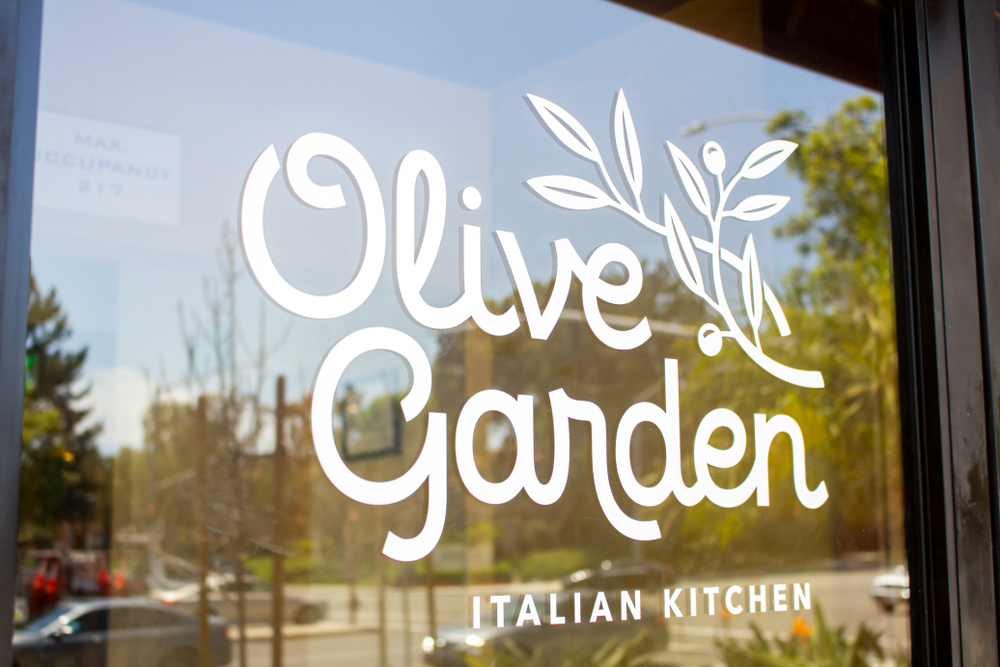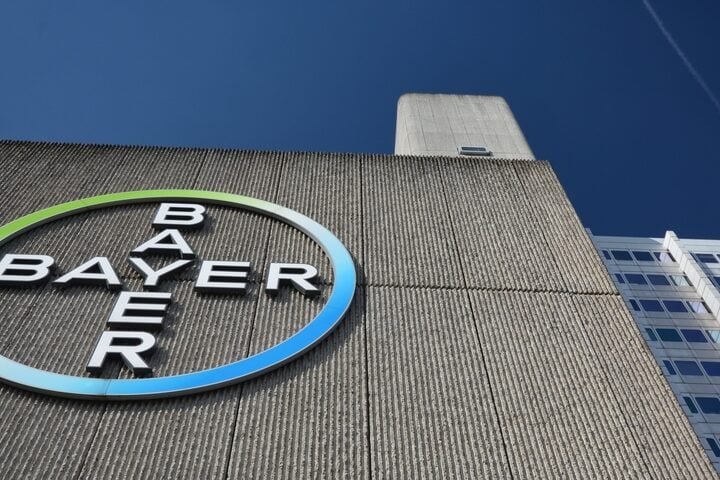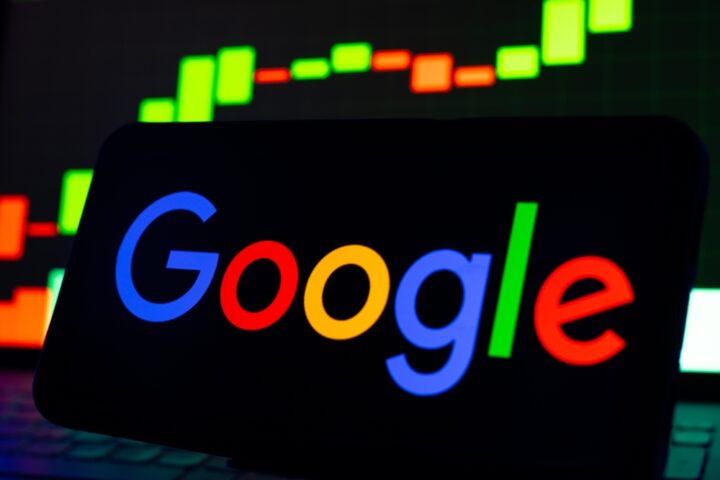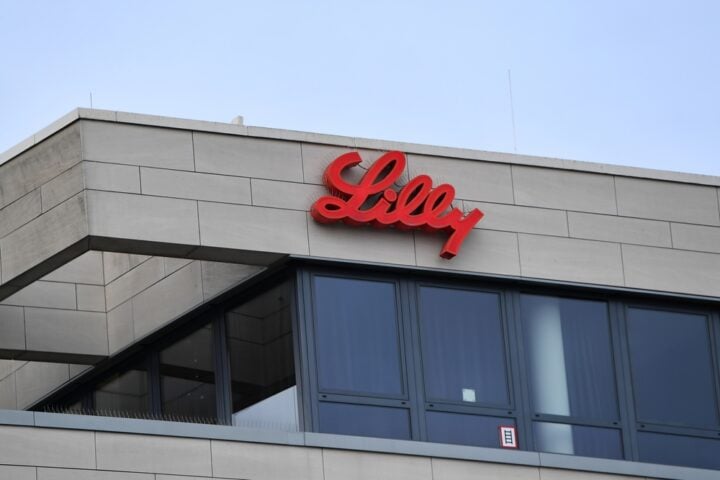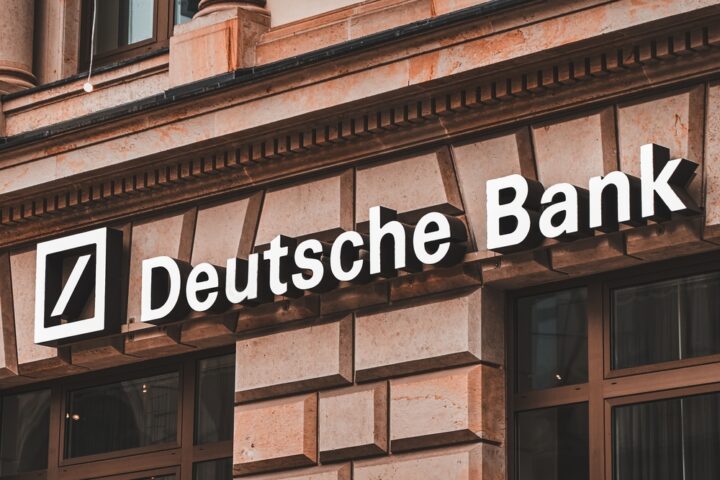After years of resisting the food delivery trend, Olive Garden is finally stepping into the game by partnering with Uber for its first-ever delivery service. Known for its casual dining experience and famous breadsticks, Olive Garden has chosen to control its delivery process through an exclusive collaboration with Uber, marking a significant departure from its previous stance. By the end of the year, select Olive Garden locations will begin offering delivery, with plans to expand the service to over 900 locations by May of next year, should the pilot program prove successful.
Shifting Strategies in a Competitive Market
Olive Garden’s parent company, Darden Restaurants, has long held out on third-party delivery services, citing concerns over food quality and revenue loss. Even during the pandemic, when most restaurants embraced delivery, Olive Garden hesitated to follow suit. The decision to team up with Uber, however, signals a strategic pivot in response to evolving customer preferences for convenience.
CEO Rick Cardenas explained the move by emphasizing the increasing demand from customers for home delivery: “Guests have been asking us for home delivery options, and they continue to show they are willing to pay for the convenience.” Cardenas also highlighted that Uber’s ability to share customer data without undermining Olive Garden’s operational model made it an ideal partner.
How Olive Garden is Maintaining Control While Expanding
Unlike other restaurants that fully integrate into apps like Uber Eats, Olive Garden has crafted a unique delivery system. Customers will still place their orders directly through the Olive Garden website or app, and Uber will handle the delivery logistics. This setup allows Olive Garden to retain control over the customer experience and ensure that service quality remains consistent.
Olive Garden’s reluctance to jump into third-party delivery in the past was rooted in fears of compromising profitability. The company expressed concerns that delivery service fees could eat into its margins and that outsourced delivery might affect the quality of food arriving at customers’ homes. However, the increasing shift in consumer habits towards convenience has forced the brand to reevaluate its approach.
Positive Impact on Stock Prices and Financial Outlook
The announcement of the Uber partnership had immediate effects on Darden Restaurants’ stock, which surged 9% following the news. This boost comes at a time when Olive Garden has been grappling with a 2.9% drop in same-store sales, making the delivery expansion a timely move to regain momentum. The partnership is expected to generate additional revenue by reaching more customers who prefer dining at home.
Darden remains optimistic about Olive Garden’s role within its broader portfolio, which includes brands like Longhorn Steakhouse and Ruth’s Chris Steak House. With this new strategy, Olive Garden is expected to draw in a wider customer base, driving sales and easing some of the financial pressures from recent performance dips.
Pricing Strategies in a Shifting Landscape
Olive Garden’s approach to pricing sets it apart from competitors in the casual dining space. While many chains have responded to inflation by raising prices only to offer discounts later, Olive Garden has largely resisted frequent price increases, opting for occasional promotions like its famous “Never-Ending Pasta” deal instead. This tactic has helped the chain maintain a steady flow of customers without relying too heavily on promotional gimmicks.
By integrating delivery, Olive Garden is betting on the idea that customers are willing to pay for the convenience of having their favorite Italian dishes delivered, especially as dining habits evolve. The partnership with Uber aligns with this strategy, as it allows Olive Garden to offer delivery without having to significantly adjust its core pricing model.
A New Chapter for Olive Garden’s Customer Experience
As Olive Garden gears up to launch its delivery service in select locations, the pilot program will offer valuable insights into how customers respond to the new offering. If successful, the partnership with Uber will expand to over 900 locations nationwide by next May, allowing the chain to cater to the increasing demand for food delivery without compromising its commitment to quality.
This collaboration between Olive Garden and Uber represents a significant adaptation to modern consumer preferences, ensuring the chain stays competitive in an increasingly convenience-driven market. By maintaining control over its ordering process and leveraging Uber’s extensive delivery network, Olive Garden aims to deliver the same high-quality dining experience customers expect, but in the comfort of their homes.
Embracing Change in a Competitive Industry
The partnership with Uber marks a bold new direction for Olive Garden as it navigates the evolving demands of the restaurant industry. By offering delivery while keeping control of its customer service, Olive Garden is poised to meet the growing demand for convenience without sacrificing its brand identity. As the program rolls out and expands, Olive Garden is positioning itself for a new chapter of growth in the delivery-driven dining landscape.


